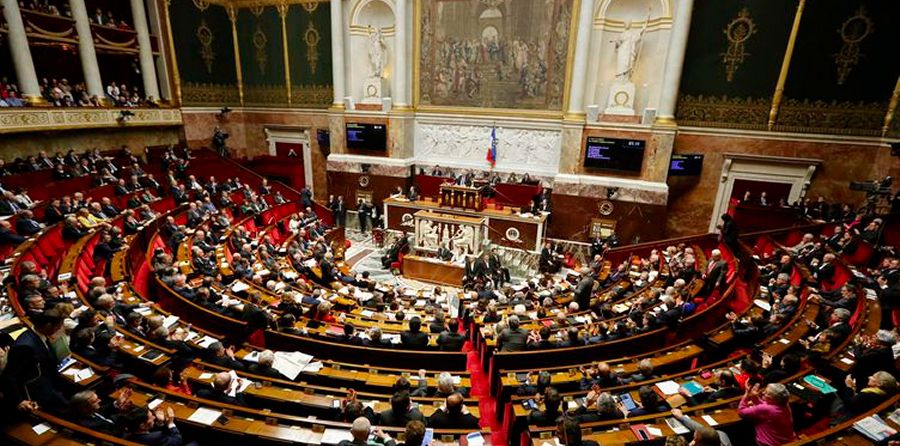LEGISLATIVE A MAJOR FINANCIAL ISSUE
FOR PARTIES | |
It is the results of this election which in fact determine the public aid from which each party will benefit for the next five years. Allocations which represent part of the financing necessary for the life of the parties. However, some, such as Les Républicains or Europe-Écologie Les Verts are now "on the bone" after their debacle in the presidential election. The rules: two envelopes and conditions There are two public funding envelopes. When you vote for a legislative candidate, your vote will allow the candidate's party to collect, for five years, €1.64, even if he is not elected. One condition: his party must have won at least 1% of the votes in fifty constituencies in the first round. To receive the most funding possible, the parties therefore have an interest in presenting as many candidates as possible, even without the hope of seeing them elected. This is also why each party is currently fighting to have a maximum of invested candidates. Since 2017, La République en Marche has received, for example, 10.1 million euros per year, the National Rally 4.9 million euros. Please note that financial penalties may apply if the parties have not respected the principle of gender parity in the presentation of candidates for the elections. This is what happened to the Republicans, who lost 1.8 million euros on their first envelope of 3.9 million euros. Or to La France insoumise, which lost €252,000 out of €3.8 million. Second envelope. After this election, the final number of parliamentarians, deputies and senators will make it possible to release an additional €37,400 per elected official and per year. With its 291 parliamentarians, LREM, for example, received 10.9 million euros, i.e. a total, over the two envelopes, of more than 21 million euros per year. In 2020, the total amount paid to the parties amounted to 66 million euros. Within the framework of a coalition, each wanting his share of the cake, the rules of the game of public aid lead to strange negotiations: a candidate can for example be invested under the name of a party (for the first envelope), and be attached to the group of his original party (for the second)… Other financing Public aid is not the only source of financing. The parties are also financed, in particular, thanks to donations from people, contributions from members and elected officials. Substantial sums: in total, 60.1 million euros in 2020. Public aid is paid only to parties that have presented candidates. This does not favor the emergence of new parties. Unless relying on private donations. |
|
| Jaimie Potts for DayNewsWorld | |
 |
|




